UN chief says risk of nuclear conflict at highest point in decades
UN Secretary-General Antonio Guterres has warned that the risk of nuclear conflict is currently at the highest point in decades, urging all nuclear countries to commit to the “no-first use” of those weapons.
Guterres made the remark in an address to the UN Security Council on Monday organized by China, which holds the presidency this month, on “promoting common security through dialogue and cooperation.”
"Countries with nuclear weapons must commit to the "no first use" of those weapons," he stressed. "They must also assure States that do not have nuclear weapons that they will not use — or threaten to use — nuclear weapons against them, and be transparent throughout. Nuclear saber-rattling must stop."
The Secretary General also urged ambassadors in the UN Security Council to recommit to “dialogue, diplomacy and mutual trust,” saying, “the path to peace is forged by dialogue and cooperation,” and shaped by “a common understanding of the threats and challenges.”
Russia’s UN Ambassador Vassily Nebenzia, however, told the council that the trust between key international players at nearly all the UN institutions is at “a critically low level.”
Nebenzia said that “the international security system is experiencing a profound crisis” and that for over 200 years, Western countries have blamed Russia for everything.
He accused the United States and its allies of “acting in the same reckless and provocative manner in Asia and Africa” as they are in Ukraine.
He also accused Western countries supporting Ukraine of “essentially helping Kiev in its attempts of nuclear blackmail” while ignoring shelling of the Zaporizhzhia nuclear plant by Ukrainian armed force.
Ukraine has accused Russia of using the plant as a military base and shelling it and the surroundings.
Nebenzia said Russia called for an emergency meeting of the Security Council Tuesday on what he called Ukrainian provocations at the nuclear facility.
Citing Russia’s February invasion of Ukraine, US Ambassador Linda Thomas-Greenfield told the council that one of the greatest threats to maintaining global peace and security is the military conflict in Ukraine.
President of the NPT review conference Gustavo Zlauvinen told the Security Council without naming any country that since February “the NPT faces a raft of challenges, the diversity and scope of which are unlike anything that has come before.”
Russian President Vladimir Putin, however, has repeatedly said that “a nuclear war cannot be won and must never be fought.”
The council meeting took place during the pandemic-delayed conference to review the 50-year-old Nuclear Nonproliferation Treaty (NPT), which is considered the cornerstone of international disarmament efforts.
The 50-year-old treaty seeks to prevent the spread of nuclear arms beyond the five original nuclear powers — the US, Russia, China Britain and France.
It also requires non-nuclear signatory nations not to pursue atomic weapons in exchange for a commitment by the five powers to move toward nuclear disarmament and to guarantee non-nuclear states’ access to peaceful nuclear technology for producing energy.
A senior Russian diplomat told the Review Conference earlier this month that NATO was waging a hybrid confrontation that “dangerously balances on the edge of an open military clash” with Russia.
Russia’s Embassy in Washington also said at the time that the US had been increasing the threat of “a direct military clash of nuclear powers” through “hybrid confrontation” in Ukraine.
Russia launched the military offensive against Ukraine on February 24. President Putin said at the time that one of the goals of what he called a “special military operation” was to “de-Nazify” Ukraine.
Since the war began, the United States has been providing Kiev with military aid, including at least 16 High Mobility Artillery Rocket Systems (HIMARS) systems.
At least 19 Gazans killed by Israeli airstrikes since dawn: Medics
Leader: Iran has no proxy forces in West Asia
US fighter aircraft shot down ‘in friendly fire’ amid aggression on Yemen
Yemeni FM: Israel’s sponsors accountable for ongoing aggression on Sana’a
Eight Palestinians killed as Israel attacks Gaza school, hospitals
VIDEO | Rome, Milan host new protests in solidarity with Palestinians
Dec. 21: ‘Axis of Resistance’ operations against Israeli occupation
Spain jurists demand ties with Israel ties be cut


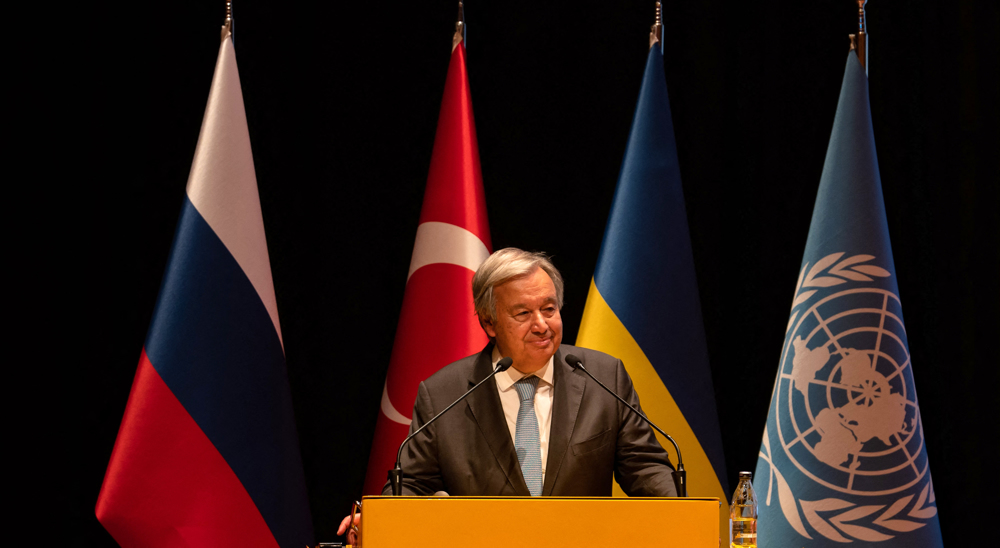
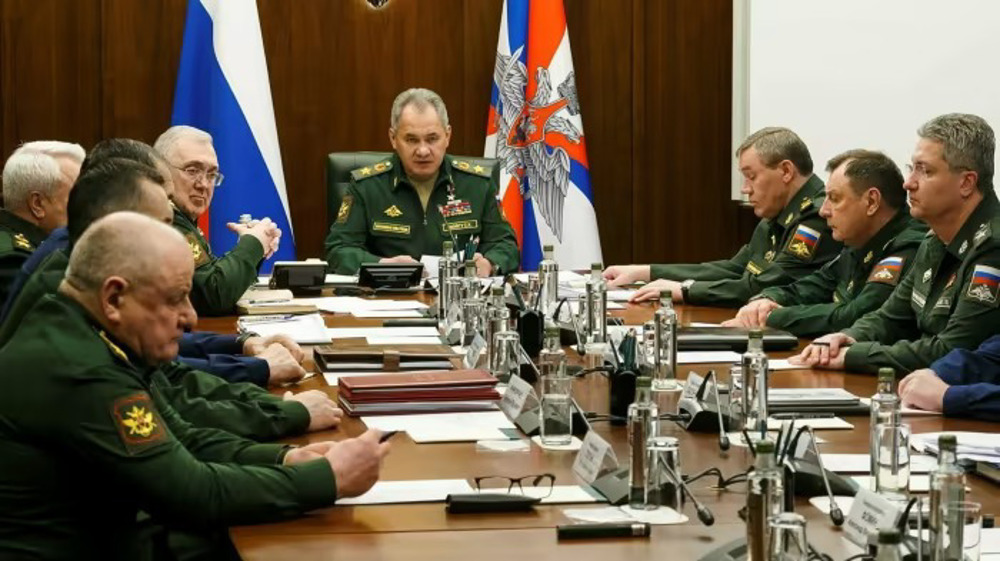


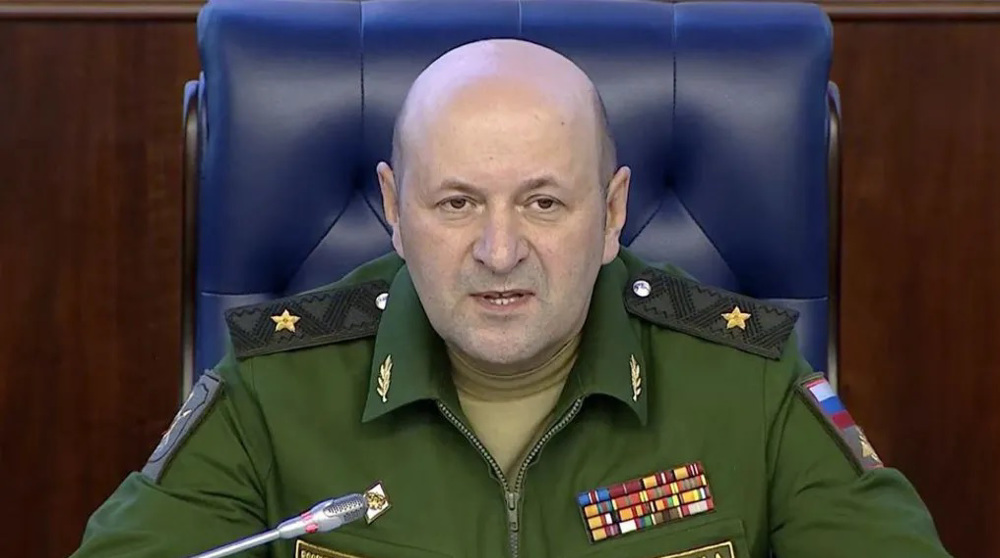



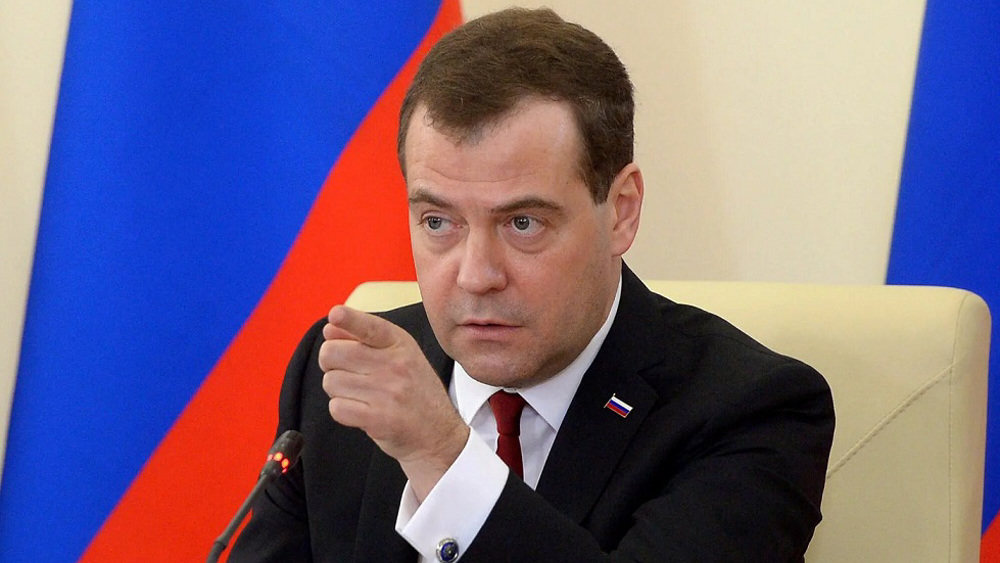
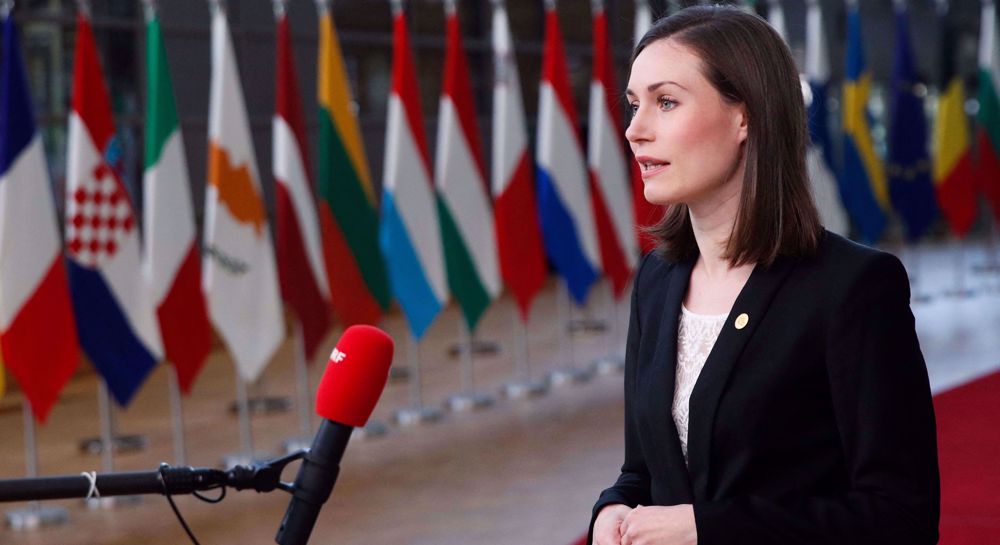
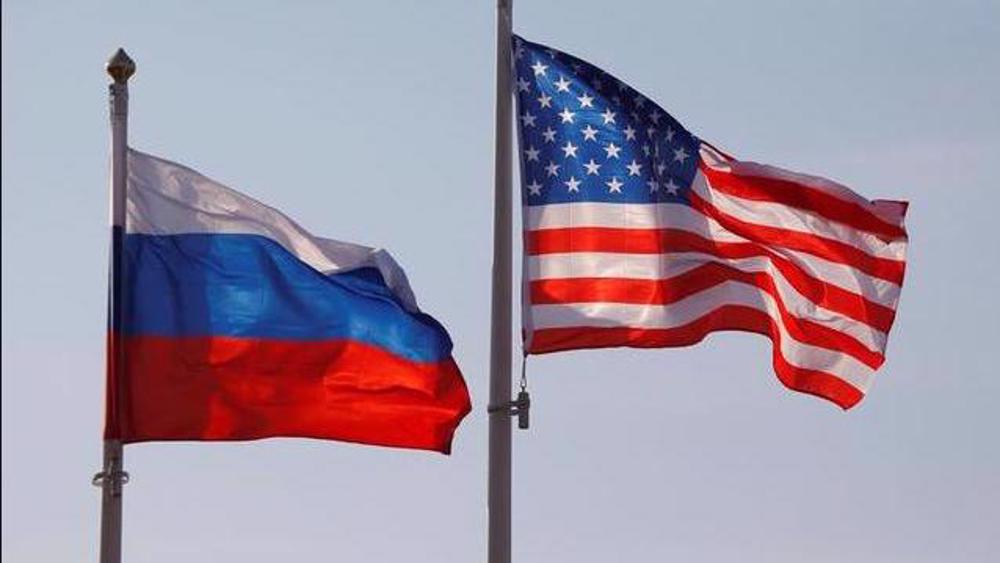

 This makes it easy to access the Press TV website
This makes it easy to access the Press TV website